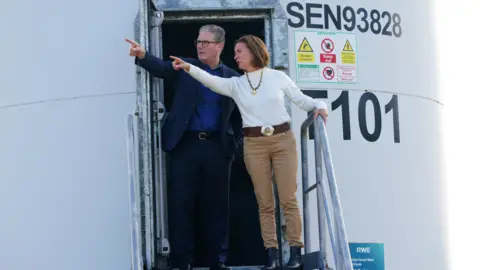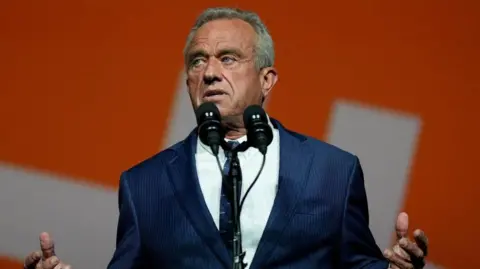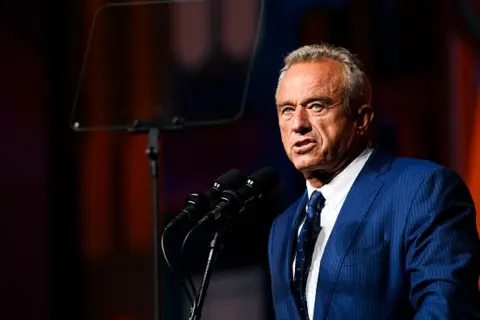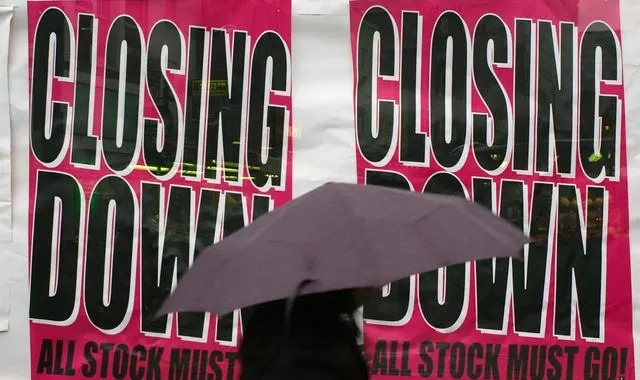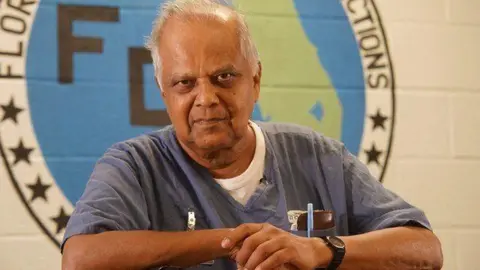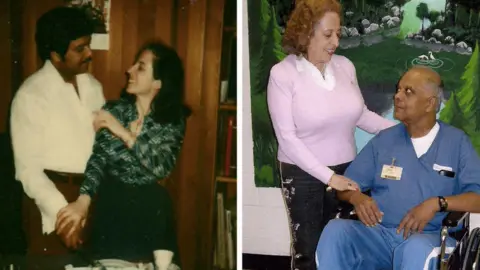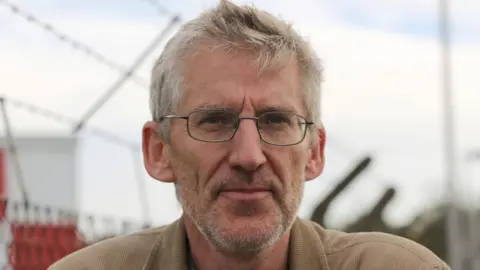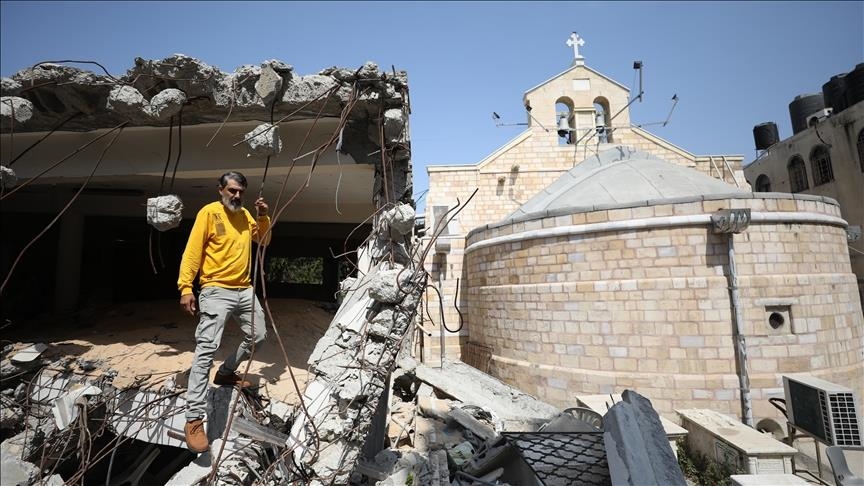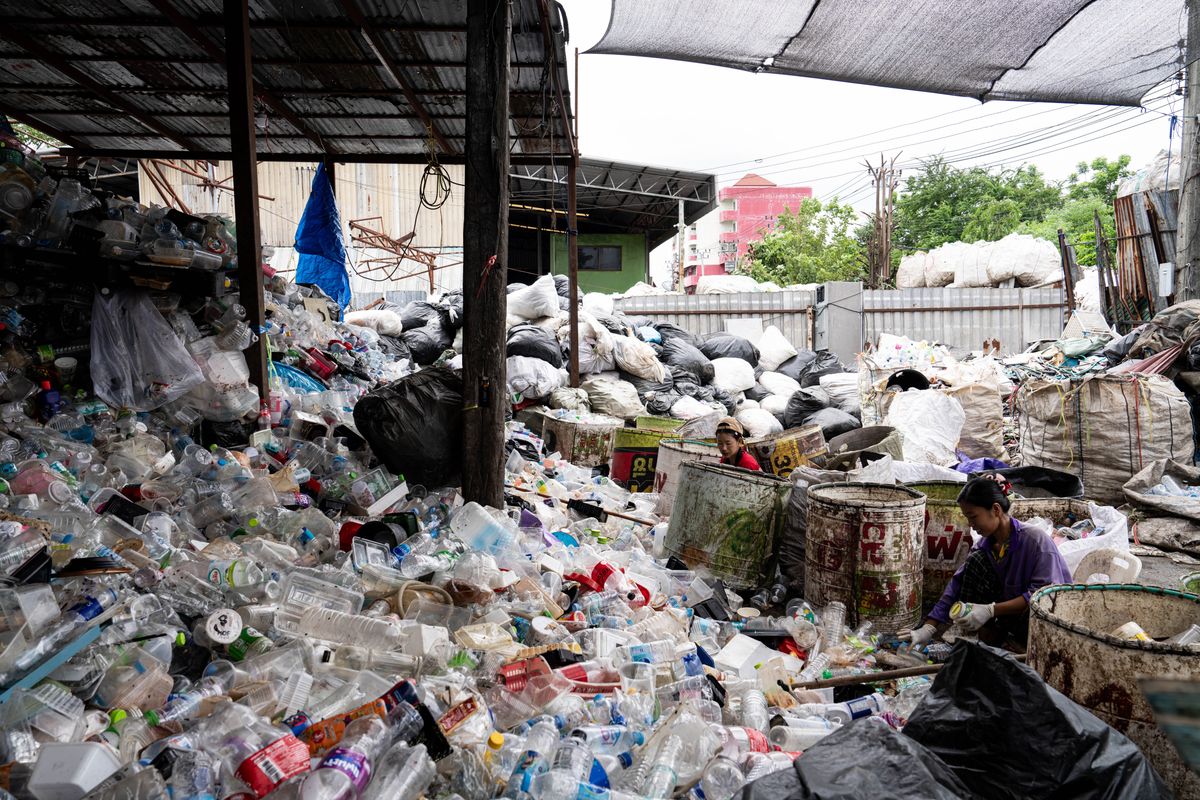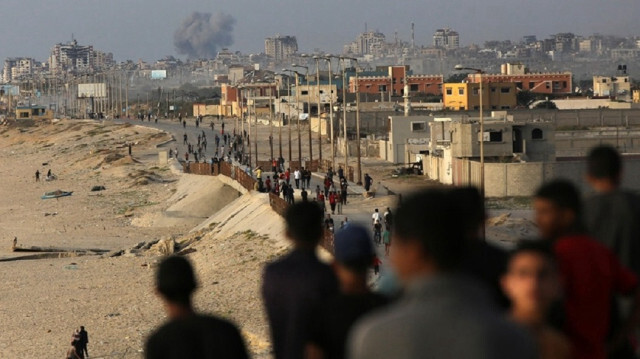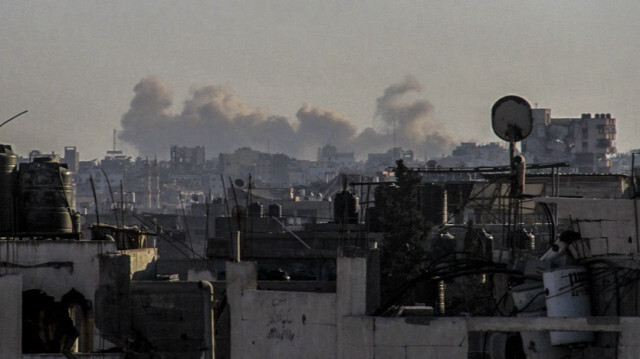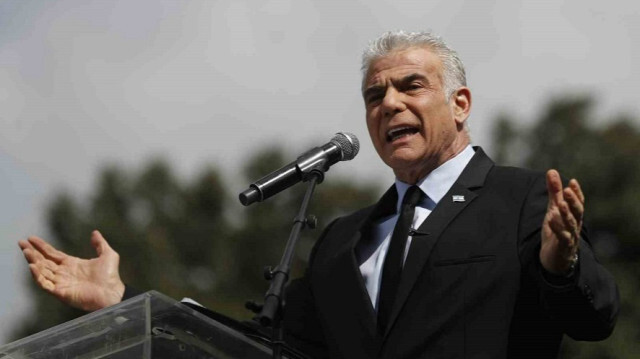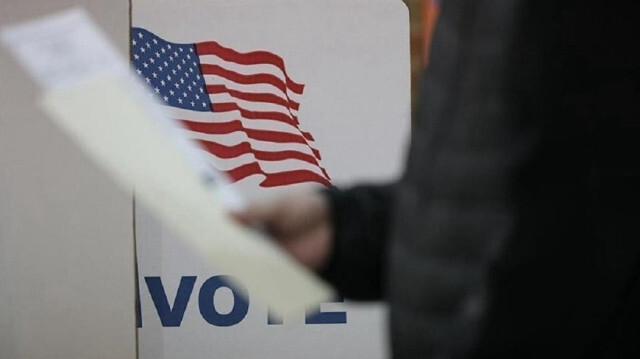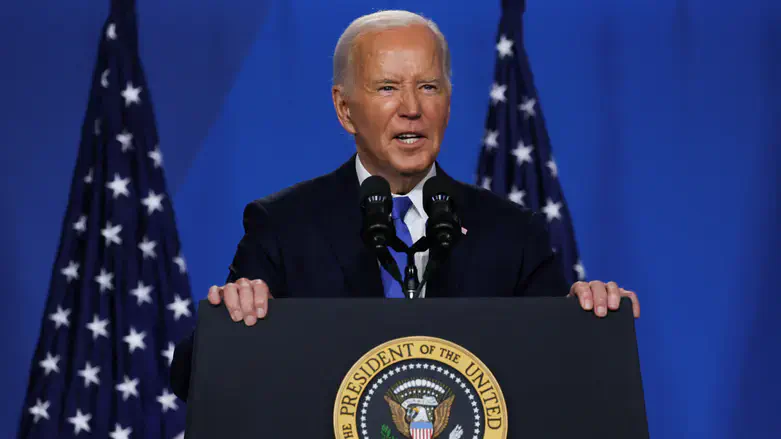César Niño
Tue, 08/20/2024 -
Colombia is currently experiencing a significant national security crisis, hindering territorial consolidation and strategic advancements against both internal and external threats. The “Total Peace” (“Paz total”) policy implemented by the administration of President Gustavo Petro has encountered critical shortcomings, jeopardizing both Colombian security and regional stability. Key issues include the paralysis of the military forces amidst negotiations with armed groups, the proliferation and expansion of criminal organizations that threaten national stability, and a diminished deterrence capacity against external threats.

Colombian Military Police Welcome US Army Chief of Staff, Bogotá 2012.
Public Domain, DVIDS
Bogotá has long been a key ally of the United States in combating drug trafficking, terrorism, and organized crime. For decades, successive Colombian governments have maintained a strong diplomatic relationship with the US, facilitating the exchange of intelligence, strategies, and doctrines to achieve shared goals. One notable collaboration is the various phases of Plan Colombia, which significantly advanced the professionalization of Colombian security forces. It also enhanced their strategic capabilities to conduct combat operations under asymmetric conditions and to effectively counter threats from armed groups, particularly the Revolutionary Armed Forces of Colombia (Fuerzas Armadas Revolucionarias de Colombia – FARC), the National Liberation Army (Ejército de Liberación Naciona – ELN), and paramilitary organizations.
However, this close relationship has led to tensions with neighboring countries, particularly Venezuela and Ecuador. Under the administrations of Hugo Chávez, Nicolás Maduro, and Rafael Correa, these nations viewed the Colombian governments of Álvaro Uribe, Juan Manuel Santos, and Iván Duque as adversaries representing US interests in the region. The 2016 Peace Agreement between the Colombian government and the FARC guerrillas offered hope for resolving issues related to security, crime, and terrorism. Nonetheless, even during the peace negotiations, dissident factions emerged, leading to the resurgence and revitalization of armed groups. These factions forged criminal alliances with former rival organizations and contributed to new forms of violence and criminality.
The state of Colombian national security
Under Gustavo Petro’s presidency (2022–2026), the government designed a security policy focused on the human security dimension. This policy argues that meeting the population's basic needs positively impacts national security and reduces violence. However, official government documents fail to clarify the national security concept it aims to achieve. Paradoxically, security remains an unresolved issue in Colombia because decision-makers developed a Total Peace policy without a thorough understanding of national security. This oversight has created strategic uncertainty for the security forces and decision-makers, as they have set up simultaneous negotiation tables with FARC dissidents, the ELN, criminal gangs, and other groups. Meanwhile, the groups negotiating with the government continue their involvement in drug trafficking, human trafficking, illegal mining, and terrorism. For instance, the ELN and dissidents led by alias “Iván Mordisco” control over half of the cocaine trafficking routes out of Colombia, particularly to the United States and Europe.
Despite the FARC's demobilization, peace in Colombia remains an elusive goal while insecurity grows. The ambitious “Total Peace” project aims to achieve sustainable peace in the country. However, the current security situation and rising violence reflect a crisis in implementing this project. New criminal actors have emerged, the number of massacres has increased, marginalized communities face heightened confinement, and ambushes against security forces continue. One major challenge is the disconnect between the Total Peace policy and the security and defense strategies. This lack of coordination has allowed armed groups to strengthen and led to non-compliance with some agreements by criminal actors in the negotiation processes. While violence directed at the state has decreased, criminal violence against civilians has increased, suggesting an armed peace rather than true Total Peace.
Various regions of Colombia have experienced an increased presence of illegal armed groups, including the Gaitanista Self-Defense Forces of Colombia (Autodefensas Gaitanistas de Colombia – AGC or Clan del Golfo), the ELN, FARC dissidents, and both domestic and foreign organized crime structures. Among these groups, the AGC have shown the greatest expansion, increasing their influence from 253 municipalities in 2022 to 392 in the past year. FARC dissidents (Estado Mayor Central and Segunda Marquetalia) follow, expanding from 230 localities to 299 in the same period. This expansion indicates a displacement of the state in its own territory and suggests that state security capacities have been insufficient to prevent the criminal recycling and geographic expansion of these groups, which control strategic areas.
The state of the Colombian military forces
So far this century, Colombia has allocated an average of 3.2% of its gross domestic product to security and defense, a figure comparable to the 3.8% spent by the United States. This allocation is the highest in Latin America and reflects a long history of armed conflict that has driven military investment, along with the US alliance to combat transnational threats. This partnership has secured Colombia a priority position as a global NATO partner. The Colombian military’s experience in irregular warfare, asymmetric conflicts, and complex operations such as humanitarian demining has made it a reference in contemporary hybrid warfare and military diplomacy cooperation projects. However, defense spending has substantially decreased over the past two years. Under President Petro’s administration, it has dropped to 2.8%, despite the country’s continued conflict and growing security challenges. The proliferation of armed groups in various regions of Colombia, along with the involvement of international criminal actors, means that, despite having robust military forces (456,000 troops, the second largest in Latin America after Brazil), security remains paralyzed and in crisis. While Colombia does not face existential threats from abroad, such as a hypothetical invasion or nuclear tension, its military capacity has not significantly reduced internal threats. Although armed groups are negotiating with the government and some cease-fires have been agreed upon, it appears that the security and defense system has suspended its offensive capabilities to confront these groups.
In recent months, the ELN, FARC dissidents, and other organizations have started using drones to launch explosives at the army and civilian population. This method has enabled precise and lethal attacks on specific targets, including strategic infrastructure. Modified drones carrying explosive charges have become tools of war, complicating national security due to their low cost and the difficulty in detecting their use. These attacks pose a significant challenge to the state's defensive capabilities and raise concerns about escalating violence and the increasing sophistication of tactics used by non-state actors. While Petro's government has introduced a new project called the Sistema Integral de Defensa Nacional (SIDEN), or Integrated National Defense System, aimed at renewing military equipment for defensive and offensive purposes to protect the country’s energy, industrial, and strategic assets in a conflict scenario, the project does not seem to address the dynamics of national crime effectively.
Why should the next U.S. government care?
The insecurity sweeping Colombia is a US national security issue. Drug trafficking and organized crime in Colombia should be a central focus of the next US administration's foreign policy. For example, events in the Cauca department of Colombia significantly affect the geopolitical dynamics of crime in the hemisphere. The interactions among armed groups surpass the deterrent and strategic capabilities of states, making it crucial for Washington to prioritize understanding the regional criminal order, which has a key starting point in Colombia. Additionally, Colombian armed groups are developing dangerous networked relationships with extra-continental terrorist organizations, such as the ELN’s interactions with Hezbollah in the Arauca region, near Venezuela. Furthermore, Colombia serves as a corridor for transnational crime, exemplified by the Tren de Aragua (Aragua Train), which has established criminal franchises throughout South and Central America, posing significant risks to the United States.
The foreign and security policy approach to Colombia should emphasize increased cooperation to enhance internal and intelligence capabilities. It should also pressure the Petro government to define a national security concept that addresses the territorial and social particularities of each region in Colombia. In the strategic framework between Washington and Bogotá, it is important to recognize the existence of criminal governance and sovereignty. Ultimately, the security risks in Colombia and Latin America stem from crime-related deaths, not nuclear threats, although these crimes are no less lethal.








